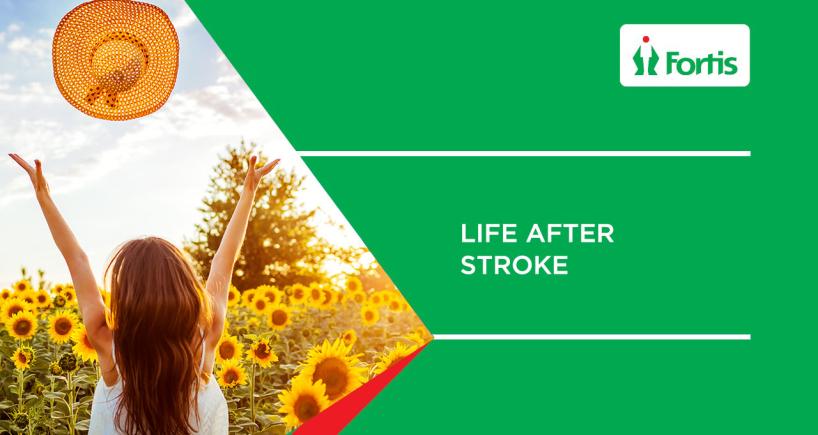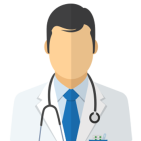
Life after Stroke
Recovery is a process, it takes time, patience and everything you’ve got. Returning to a normal state of health and mind requires relentless determination and often feels like life is beginning all over again, almost like a fresh start. The first step on the road to recovery is to start thinking of your wellness and not your illness.
Stroke or a brain attack is one of the most common medical conditions that is caused due to damage to the brain by interruption of its blood supply. This condition is a medical emergency and requires swift action and emergency medical care. Statistically, it is one of the leading causes of death in India and results in a large number of disabilities. Astonishingly this number has increased by almost 100% in the last few decades. Being a debilitating condition, early treatment has proven to reduce the mortality rates and morbidity in patients suffering from this neurological condition.
So why does the mere mention of this medical condition raise the hackles of many? This is because it is one of the most common causes of death in India with a staggering number of more than 18,00,00 patients getting affected. The symptoms of stroke usually happen very quickly and can include sudden numbness of the face or limbs on one side of the body, confusion, trouble in speech or trouble in vision. Dizziness and loss of balance or coordination accompanied with severe headache are some of the most noticeable signs of the occurrence of a stroke in a person.
The most crucial factor is that every second counts when a person is having a stroke, and appropriate management during these critical moments can potentially help save a life. When someone is suffering from a stroke calling emergency medical help is the first step, making a note of when the symptoms first started is crucial as this is a time-bound disease that can prove to be fatal.
If a person around you is having an episode of stroke make sure you do not let that person go to sleep or refuse medical treatment. Also, giving them food or liquids and medication is contraindicated till the paramedical team arrives and the person has been transported to the hospital.
Recovering from any disease is a lifelong challenge for not only the patients but also their families. Spontaneous recovery can occur in many patients in the first few weeks after an episode of stroke with speech and movement returning on its own. While recovering from a stroke may take anywhere between a few weeks to a few years, some patients are fortunate enough to recover completely while some retain lifelong disabilities. Lifestyle changes are mandatory to prevent future strokes and aid in lifelong recovery. One of the most encouraging factors of stroke recovery is that brain cells are capable of regenerating themselves over time. A certain percentage of patients recover completely, though the number could be small, and a larger portion of patients recover with only some minor impairments. Almost 50% of stroke cases could experience moderate to severe impairments that require special medical attention.
Once the critical condition of the patient has been stabilized by the medical team the lengthy process of recovery and rehabilitation commences. Along with well-planned rehabilitation plans, reducing any future risk factors for a stroke is a major priority for the medical team. An episode of stroke could damage certain functions and areas of the brain due to which the affected brain cells are eventually able to resume functioning albeit over a period of time. With appropriate steps to recovery planned by the medical team, restoration of speech, cognitive, motor and sensory skills can be rehabilitated to ensure the patient becomes independent and stable again. Successful recovery from this neurological condition depends on multiple factors such as the extent of damage caused, level of motivation in the patient, the age of the patient and any existing medical conditions that could affect the future outcome of the recovery.
The neurological department at Fortis Hospital, Kalyan has one of the most established and experienced doctors and surgeons on panel along with a 24/7 emergency department that responds to medical emergencies in an appropriate and timely manner. The medical experts at Fortis Kalyan help in recovery and rehabilitation and also improve the patient’s outlook by constant encouragement and moral support.
Categories
Clear allMeet the doctor

- Neurology | Neurology
-
13 Years
-
1400









